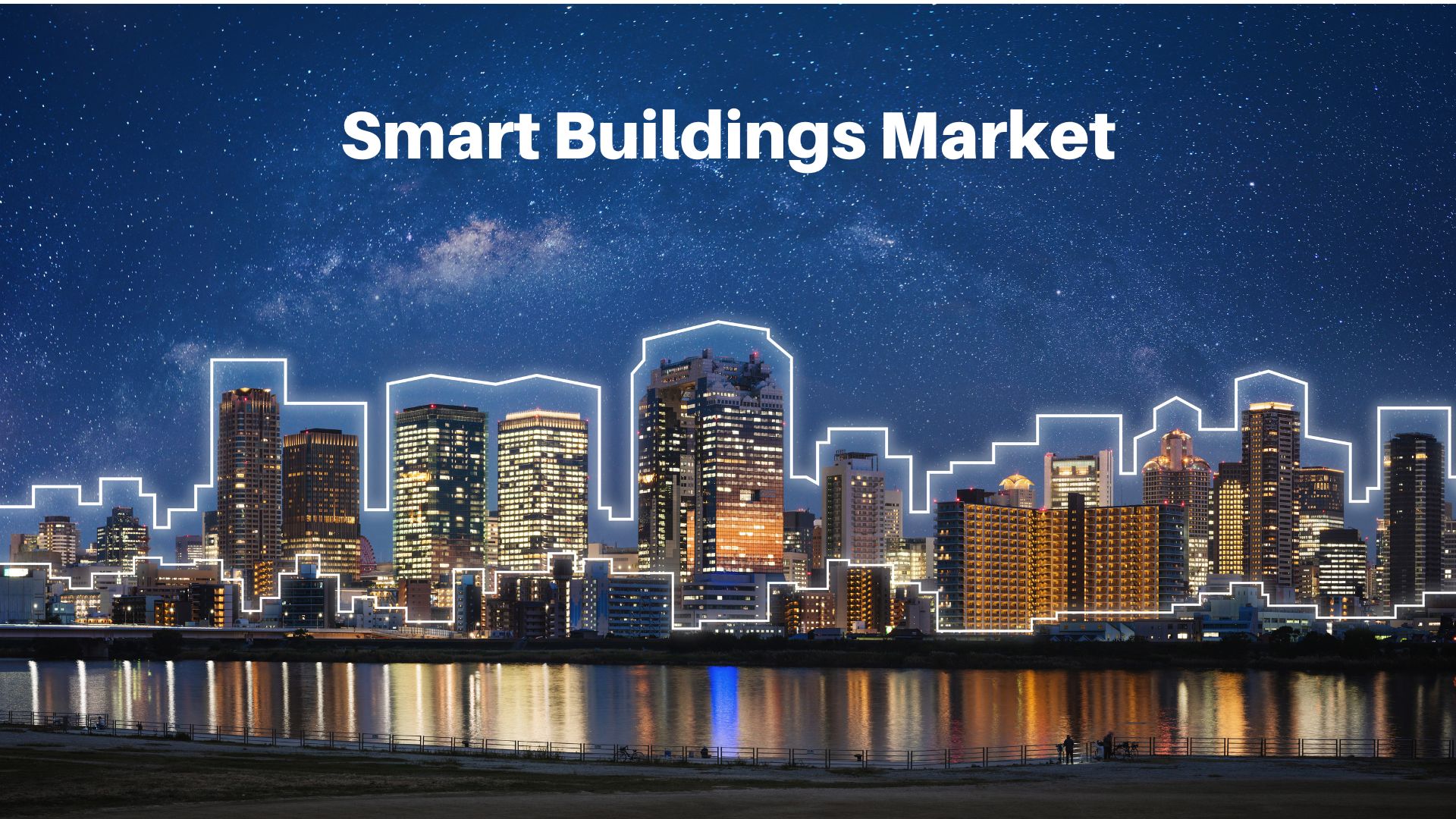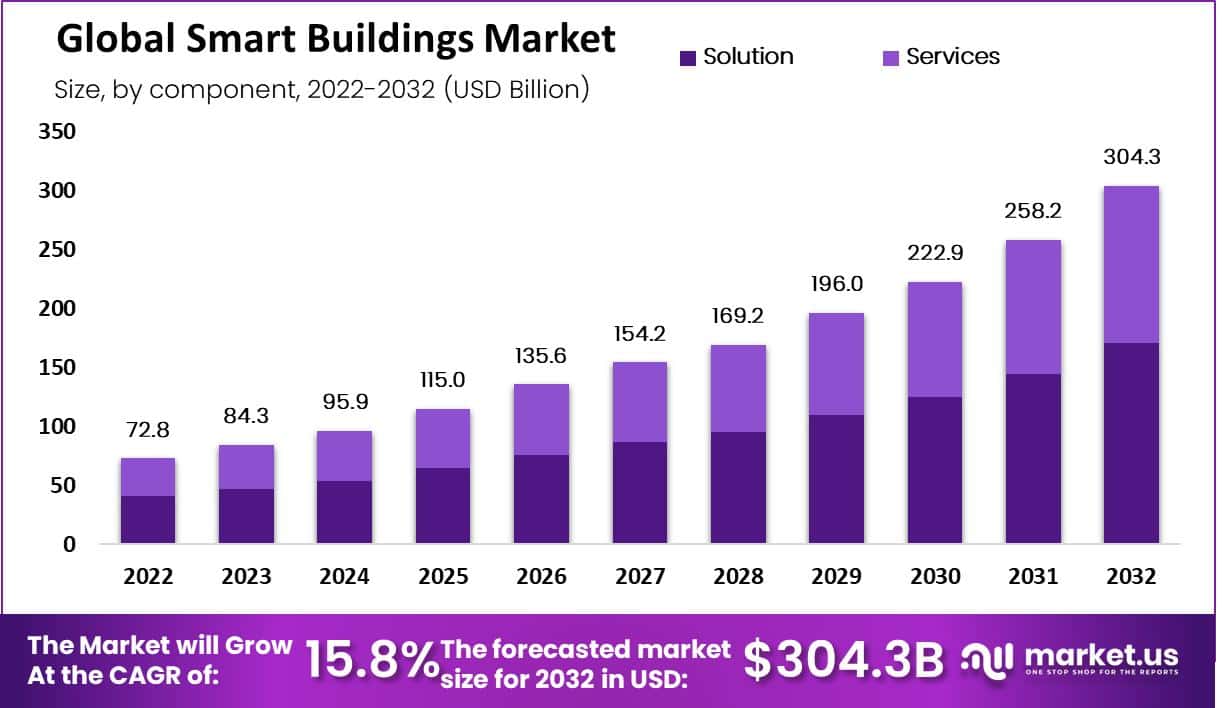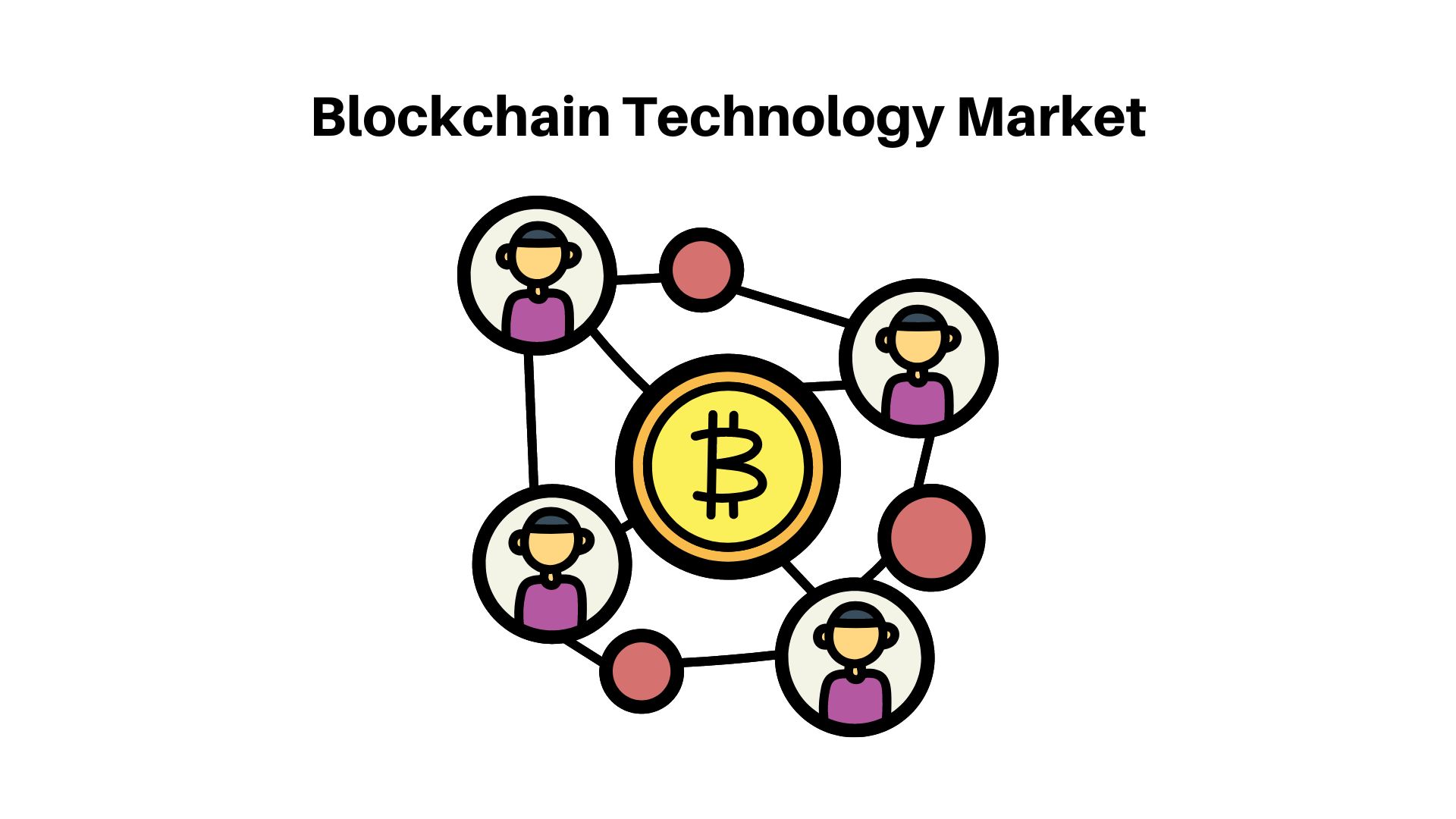Smart Buildings Market To Reach USD 304.3 Billion by 2032

Page Contents
Market Overview
Published Via 11Press: The global smart building market is growing quickly as demand for energy-efficient and environmentally sustainable buildings increases. In 2022, global smart buildings were valued at USD 72.8 billion and are projected to reach USD 315.7 billion by 2032 at a compound annual growth rate of 15.8%.
As more IoT (Internet of Things) devices, cloud computing, and big data analytics technologies become mainstream, more intelligent building solutions have emerged to reduce energy consumption, enhance building security, and elevate user experiences. These smart building solutions allow building owners to reduce energy use while improving building security while improving overall user satisfaction.
The smart building market can be segmented based on various criteria, including building type, solution and region. By building type the market can be divided into commercial buildings, residential buildings and government buildings; and solutions into software services and hardware.
North America is projected to lead the smart building market due to high adoption of advanced technologies and the presence of major smart building solution providers in this region. Asia Pacific should experience significant growth due to increased government initiatives for smart cities as well as its expanding construction sector.
Honeywell International Inc., Siemens AG, Schneider Electric SE, Johnson Controls International plc and Cisco Systems, Inc. are among the key players in the smart building market, and each has been investing heavily in product innovation, partnerships and acquisitions to expand their market presence and meet growing demand for smart building solutions.

Drivers, trends, and challenges have an impact on market dynamics, which can impact businesses. Request for PDF sample report
Key Takeaways
- In 2022, the global smart building market totalled USD 72.8 billion with projected revenues reaching USD 304.3 billion by 2032 at an estimated compound annual growth rate of 15.8%.
- With the rapidly expanding adoption of IoT devices, cloud computing and big data analytics technologies has come advanced smart building solutions that help building owners save energy consumption while improving security and user experience.
- The market can be segmented according to various criteria, including building type, solution provider and region. North America is expected to dominate the smart building market due to high adoption of advanced technologies and the presence of numerous smart building solution providers within this region.
- Asia Pacific region is expected to experience exponential growth due to increased government initiatives for smart cities and a dynamic construction industry.
- Honeywell International Inc., Siemens AG, Schneider Electric SE, Johnson Controls International plc and Cisco Systems, Inc. are among the key players in the smart building market.
Regional Snapshot
- North America is expected to lead the smart building market due to the widespread adoption of advanced technologies and the presence of major smart building solution providers in this region.
- Europe is projected to hold a large portion of the global smart building solutions market due to governmental initiatives promoting energy-efficient buildings and a surge in demand for smart building solutions.
- Asia Pacific is projected to experience significant expansion due to increased government initiatives for smart cities and an expanding construction industry.
- Middle East and Africa regions are predicted to experience rapid development due to an increasing demand for environmentally sustainable building solutions and the flourishing construction industry in these regions.
- Latin America is projected to experience significant expansion due to government initiatives to promote sustainable buildings and the rapidly evolving technologies available there.
Drivers
- Increased Demand for Energy-Efficient Buildings: One key driver of the smart building market is an increase in energy-efficient buildings. Smart building solutions help reduce energy consumption by optimizing heating, cooling, and lighting systems to save on power.
- Security and Safety in Building Solutions: Smart building solutions help address building security by providing remote monitoring and control of security systems such as access control, video surveillance and intrusion detection.
- Advancements in IoT Technology: The expanding use of IoT devices is driving growth in the smart building market. IoT allows building owners to remotely monitor and control building systems in real time for improved efficiency and cost savings.
- Government Initiatives: Government initiatives such as smart city programs are driving the expansion of the smart building market by encouraging energy-efficient and sustainable building solutions to be adopted more widely.
Restraints
- High Initial Investment: One major hindrance for smart building solutions market is their high cost. Initial investments may be significant when retrofitting existing buildings with such technologies.
- Lack of Standardization in Smart Building Technology: Lack of standardization among smart building technologies is often seen as an obstacle to their adoption by building owners, as this makes integrating various systems and devices more difficult.
- Concerns Regarding Data Security: As more smart buildings incorporate IoT devices and cloud computing technologies into their design, building owners must ensure that these systems are secure against potential cyber threats. They should protect sensitive information by regularly performing system maintenance checks to keep systems operating optimally and protect sensitive data from being breached or leaked through breaches in security protocols.
- Technical Issues: Integrating different building systems and devices can be technically complex for older buildings with legacy systems, making retrofitting harder than planned – slowing adoption of smart building solutions and slowing progress towards smart cities.
Opportunities
- Integration With Smart Grids: Integrating smart buildings and smart grids presents significant opportunity in the market, as connecting these properties to them enables building owners to maximize energy consumption efficiency while taking advantage of demand response programs.
- Adopting Artificial Intelligence: Artificial intelligence (AI) presents smart building developers and owners with an enormous opportunity. AI can help optimize building systems, predict maintenance issues and increase occupant comfort – among many other uses.
- Growth in Construction Industry: As more buildings are completed, new building owners have an unprecedented opportunity to incorporate smart building solutions from day one of construction.
- Increased Demand for Building Automation: The increasing interest in building automation provides an invaluable opportunity for the market. Building automation solutions enable building owners to monitor and control building systems remotely for increased efficiency and cost savings, ultimately increasing efficiency while decreasing operational expenses.
Challenges
Lack of Awareness: One major challenge facing the smart building market is lack of awareness among building owners and operators, as many may not realize its advantages or be reluctant to invest in new technologies.
- Implementation Issues: Implementing smart building solutions is often a complex and time-consuming process. Retrofitting existing buildings with smart building technology may present particular difficulties; retrofitting older structures with legacy systems is particularly daunting.
- Fragmented Market: The smart building market is complex, with various solution providers providing their own take on smart solutions for buildings. This can make selecting and integrating various systems more challenging for building owners.
- Cost: One of the biggest obstacles facing smart building solutions implementation is cost. Building owners may hesitate to invest in innovative technologies unless their return on investment is clear.
Recent Developments
- Honeywell launches new smart building solutions: Honeywell recently launched a new suite of smart building solutions designed to improve building performance and occupant experience. The solutions include building automation, advanced analytics, and cybersecurity services.
- Siemens acquires Building Robotics: Siemens recently acquired Building Robotics, a startup that specializes in workplace automation solutions. The acquisition will help Siemens expand its smart building offerings and strengthen its position in the market.
- Schneider Electric launches new smart building platform: Schneider Electric recently launched EcoStruxure Building Advisor, a new smart building platform designed to improve building performance and energy efficiency. The platform uses advanced analytics and machine learning algorithms to optimize building systems.
- Johnson Controls partners with Microsoft: Johnson Controls recently announced a partnership with Microsoft to develop new smart building solutions. The partnership will leverage Microsoft's Azure cloud platform to enable real-time monitoring and control of building systems.
Key Market Segments
Based on Component
- Solution
- Building Infrastructure Management
- Security and Emergency Management
- Energy Management
- Network Management
- Workforce Management
- Waste Management
- Services
- Consulting
- Implementation
- Support and Maintenance
Based on End-User
- Residential
- Commercial
- Industrial
Key Players in Smart Building Market
- ABB Ltd.
- Cisco Systems Inc.
- Emerson Electric Co.
- Hitachi Ltd.
- Honeywell International Inc.
- Johnson Controls
- Legrand SA
- Schneider Electric SE
- Siemens AG
- Telit
- IBM Corporation
- Other Key Player
Report Scope
| Report Attribute | Details |
| The market size value in 2022 | USD 72.8 Bn |
| Revenue forecast by 2032 | USD 315.7 Bn |
| Growth Rate | CAGR Of 15.8% |
| Regions Covered | North America, Europe, Asia Pacific, Latin America, and Middle East & Africa, and Rest of the World |
| Historical Years | 2017-2022 |
| Base Year | 2022 |
| Estimated Year | 2023 |
| Short-Term Projection Year | 2028 |
| Long-Term Projected Year | 2032 |
FAQs
Q: What is a smart building?
A: A smart building is a building that uses advanced technology to optimize building systems, reduce energy consumption, and improve occupant comfort.
Q: What are some examples of smart building solutions?
A: Smart building solutions include building automation systems, energy management systems, security and access control systems, and lighting control systems.
Q: What are the benefits of smart buildings?
A: The benefits of smart buildings include reduced energy consumption, improved building performance, enhanced occupant comfort and productivity, and improved building security.
Q: What are the challenges of implementing smart building solutions?
A: The challenges of implementing smart building solutions include the high cost of implementation, the complex integration of different systems, and the lack of awareness among building owners and operators.
The team behind market.us, marketresearch.biz, market.biz and more. Our purpose is to keep our customers ahead of the game with regard to the markets. They may fluctuate up or down, but we will help you to stay ahead of the curve in these market fluctuations. Our consistent growth and ability to deliver in-depth analyses and market insight has engaged genuine market players. They have faith in us to offer the data and information they require to make balanced and decisive marketing decisions.



